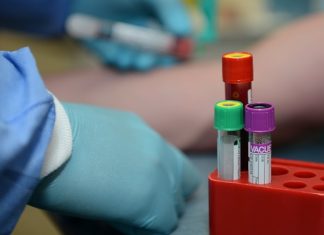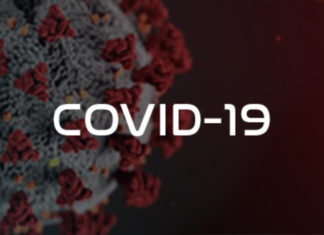Research spearheaded by two research scientists, Jeffrey Bluestone, an Immunologist at the University of California, San Francisco, and Kevan Herold, an Endocrinologist at Yale University, has found a way to combat Type 1 Diabetes.
Type 1 Diabetes is characterized by the body’s inability to produce insulin. Often diagnosed before the age of 12, onset of Type 1 Diabetes is caused by the destruction of insulin producing cells, known as Beta Cells, in the Pancreas.
Bluestone and Herold discovered the destruction of Beta Cells in the Pancreas were caused by the cells meant to protect the Pancreas altogether, known as T Cells. In their discovery, they noticed the attacks by T Cells on the Beta Cells began several years before the onset of Diabetes. The attacks were often slight and easily unnoticed because they only weakened the Beta Cells, rather than completely destroying them. Therefore, physical symptoms would not exhibit.
However, as time commenced, the attacks by T Cells would intensify and continue until the Beta Cells were completely destroyed. Since the body does not reproduce Beta Cells for the Pancreas, once the Beta Cells were eliminated, then natural insulin production would cease entirely.
Bluestone and Herold produced clinical drug that blunted the attack of T Cells. Bluestone discovered that by destroying a molecule, known as CD3, on the surface of potentially harmful T Cells, he could at least delay the attacks of T Cells on the Pancreas. Bluestone and Herold produced anti-CD3 for trials.
Trials on mice found that injections of the Anti-CD3 drug kept the rats Diabetes free entirely. Related research conducted by Immunologists Lucienne Chatenoud and Jean-Francois Bach found the Anti-CD3 drug reversed Type 1 Diabetes altogether in newly diagnosed mice.
Clinical trials on humans did not occur until years later, due to opposition and loss of funding for their research. However, after persistence reinstated funding, clinical trials on humans found that 2 weeks of IV therapy with the Anti-CD3 drug in "high-risk" subjects led to an average of a 2-year delayed onset of Type1 Diabetes. The full study is set to publish in The New England Journal of Medicine (NEJM).









